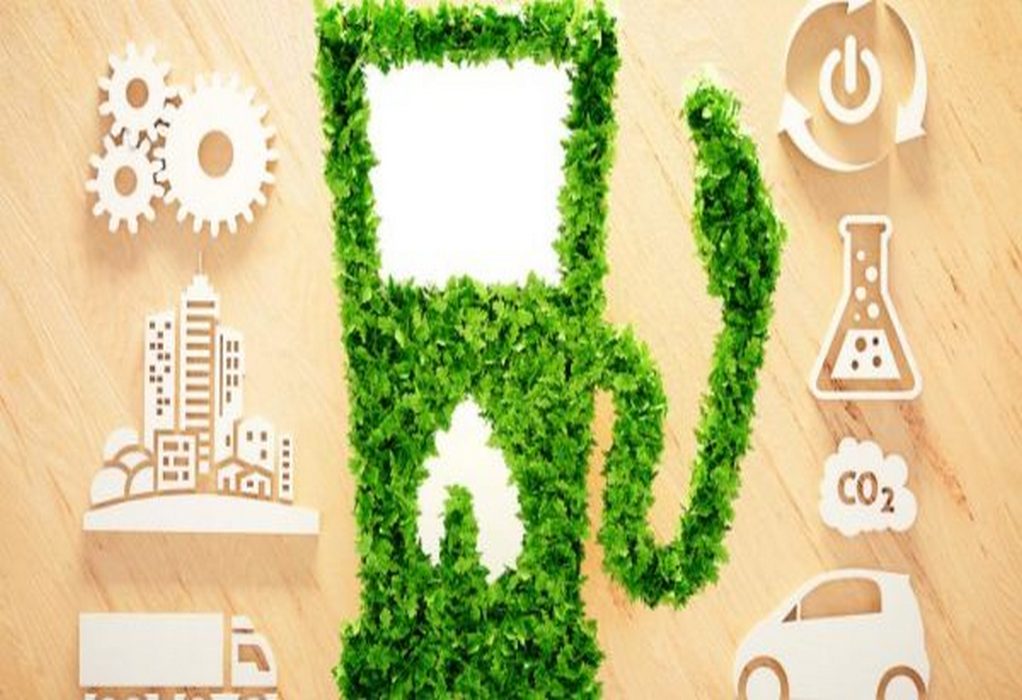Bureau Veritas (BV) has launched a detailed outlook on future maritime fuels in a new 85-page white paper, which calls for a well-to-wake (WtW) approach to assessing the climate impact and sustainability of alternative fuels.
This is one of the key conclusions of the white paper, which evaluates alternative fuels such as methanol, LNG, biofuels, hydrogen and ammonia, outlining their respective characteristics, advantages, challenges, availability, safety, and greenhouse gas (GHG) emissions, and features very clear, detailed charts on the emissions potential from each of today’s frontrunners in the future fuels race. The study also shows how shipping’s cargo mix will change once the world weens itself off fossil fuels.
A well-to-wake approach accounts for all GHG emissions released from the extraction or production phase, the distribution of the fuel, through to the final use onboard vessels, as opposed to just the emissions resulting from combustion onboard.
Taking the WtW approach is important as legislators will increasingly be looking at energy use through this lens.
The upcoming FuelEU Maritime in Europe, for instance, breaks boundaries by considering GHG emissions on a WtW basis.
Tags: Alternative Fuels, BV, Future Fuels, Methanol, WtW



Recent Posts
DP World and Asian Terminals Inc deploy first fleet of electric internal transfer vehicles in the Philippines
Lloyd’s Register Decarbonisation Hub Joins Mærsk Mc-Kinney Møller Center as Knowledge Partner
Wärtsilä engines selected to deliver reliable power for US data center
Japan’s First LNG-Powered Cruise Ship Begins Operations with Shore Power Capabilities
Amogy Secures Additional $23 Million to Advance Ammonia-to-Power Solutions and Expand in Asia
NEMO strengthens global role with official status from IMO and IAEA
Summit at SRM University – AP to Drive Dialogue on Green Hydrogen Innovation
Goltens Partners with Orcan Energy to Expand Marine Waste Heat Recovery Solutions